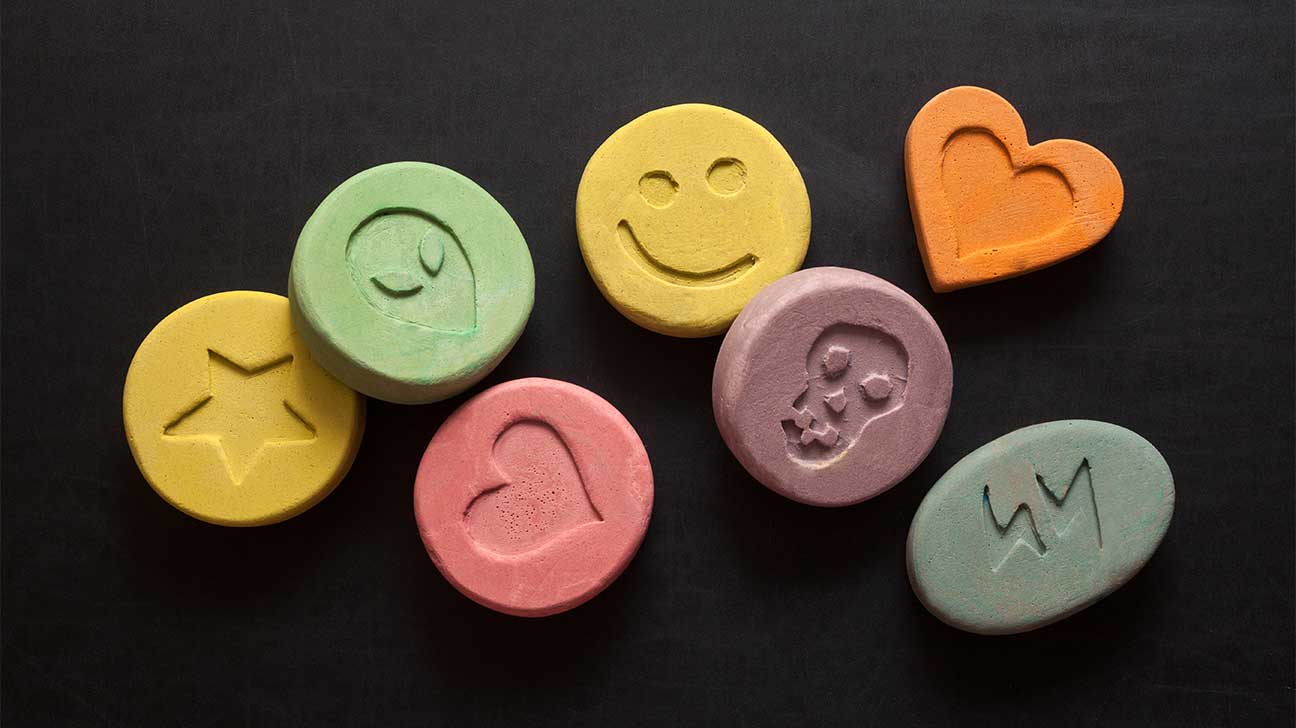

When used in combination with traditional psychotherapy, this effect allows clients to revisit past experiences, memories, or traumas that may normally be blocked from accessing or feeling. Where MDMA becomes such a strong psychotherapeutic agent is its ability to help quiet down the fear and safety mechanisms of the brain, such as lowered activity in the amygdala, the fear centre of the brain. Mild (and rare) auditory or visual hallucinations.Increased wakefulness (potentially insomnia).Some of the potential side-effects of MDMA include: Enhanced sensation, perception, & sexuality.Increased empathy towards self and others.Euphoria: general well-being and positive affect.It does have an impact on the 5HT2A receptor, which is classically used to define psychedelic compounds neurobiologically, however it is not the central activating force, and this is why the classification of MDMA as a classical psychedelic is commonly debated. By increasing the levels of serotonin (and also norepinephrine) in the system, this leads to the subjective and hallmark experiences of MDMA: increase in energy, increase in empathy, mood elevation, and altered sensory experiences such as more vivid colours and sensitivity to physical touch. MDMA works primarily in the brain by acting on the serotonin system, activating these pathways and preventing the reuptake of serotonin. However, clinical trials are underway to prove the efficacy and potential of MDMA when combined with psychotherapy, particularly directed towards the treatment of PTSD. MDMA has gained a reputation in the recreational party/rave scene, but as new science is showing, it also has profound potential when used to help individuals heal, turn inward, and cultivate new levels of self-love and respect.Īs it stands at the time of this writing, MDMA is currently an illicit, illegal, and scheduled substance in most of the world. The experience someone has with MDMA varies based on the set, setting, intentions, and dosing protocol that is used. MDMA carries a body load, or physical sensations, and has implications for heart health, blood pressure, and resting heart rate when screening candidates. There is ongoing research and study into the neurotoxicity of MDMA, though when working within clinical and therapeutic contexts, this does not seem to be a major concern. MDMA comes with its own list of contraindications and considerations, as any psychedelic medicine does. This is because the subjective experience of MDMA differs in kind from the traditional definition of a psychedelic medicine, and does not include the hallmarks of a psychedelic/mystical experience. This means focused on emotions, feelings of empathy, and/or connection with self, others, and the world. MDMA is often included in the list of psychedelic therapy medicines, though it may be better described as an empathogen or entactogen. Before becoming a Schedule 1 substance, it was used therapeutically under the supervision of clinicians/therapists from the mid 1970’s-80’s. It was first synthesized in 1912 by Merck laboratories, and subsequently popularized and released by Sasha Shulgin, a legendary chemist, biologist, and early pioneer of MDMA and other psychedelic compounds. MDMA is known as “Molly” or “Ecstasy” in recreational circles, and “3,4-Methylenedioxymethamphetamine” in the scientific and clinical communities. This resource will explore the differences between Ketamine and MDMA when used in the context of psychedelic therapy and as psychedelic medicines. Why might someone choose MDMA over ketamine for psychedelic medicine work? What are the subjective and biological differences between the experiences and the compounds? The early results and potential have many potential psychedelic therapy candidates asking what the difference is. Largely due to the work of MAPS (Multidisciplinary Association of Psychedelic Science) pushing MDMA for post-traumatic stress disorder (PTSD) through clinical review trials, and it is currently moving through Phase 3 clinical trials with a “ Breakthrough Therapy” designation from the FDA.

MDMA has become a beacon of psychedelic medicine advancement recently, and for good reason.


 0 kommentar(er)
0 kommentar(er)
